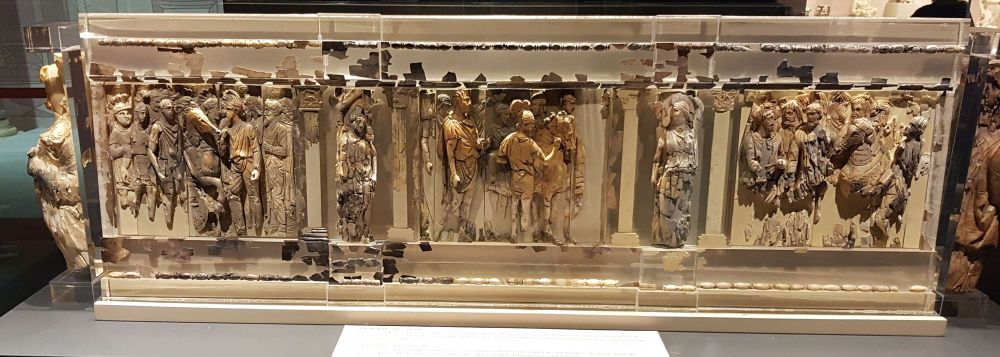The Ephesus Museum is an archaeological museum located in Selçuk, a town close to the ancient city of Ephesus in the Izmir Province of Turkey. It houses an extensive collection of artifacts and relics that were excavated from the ancient site of Ephesus, including statues, architectural fragments, coins, and other historical pieces that date back to the classical Greek, Roman, and Byzantine periods.

